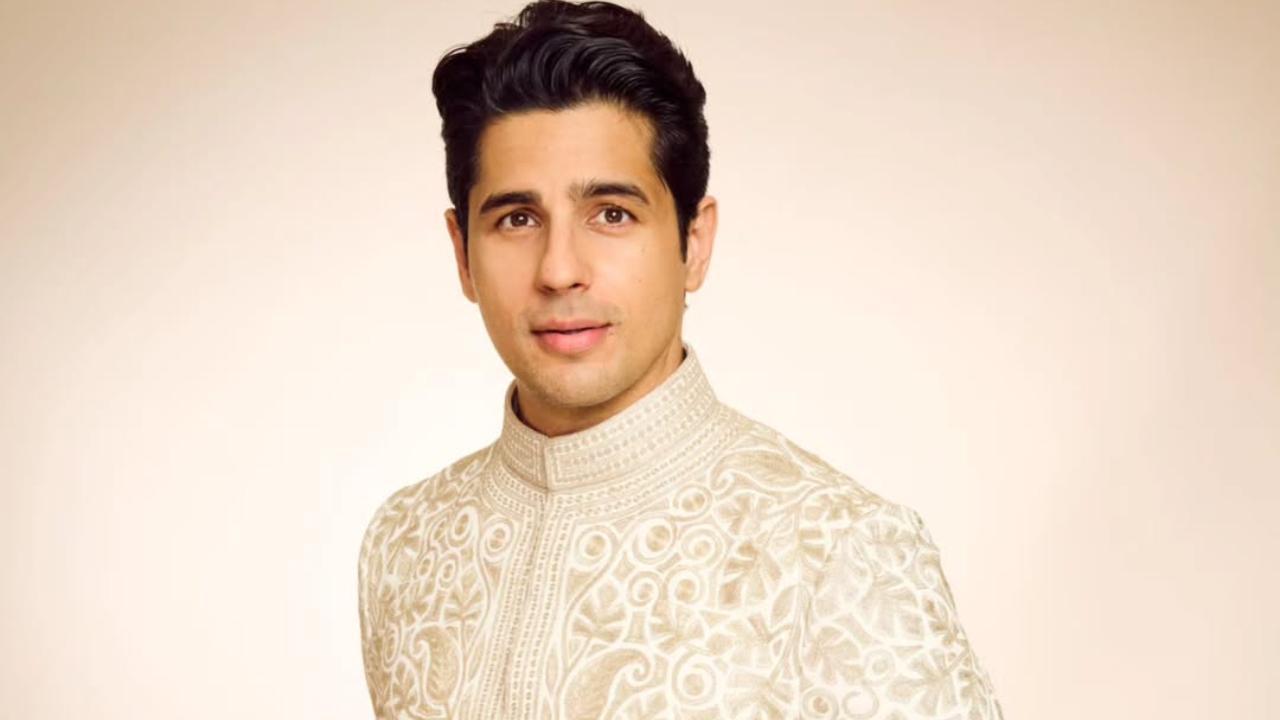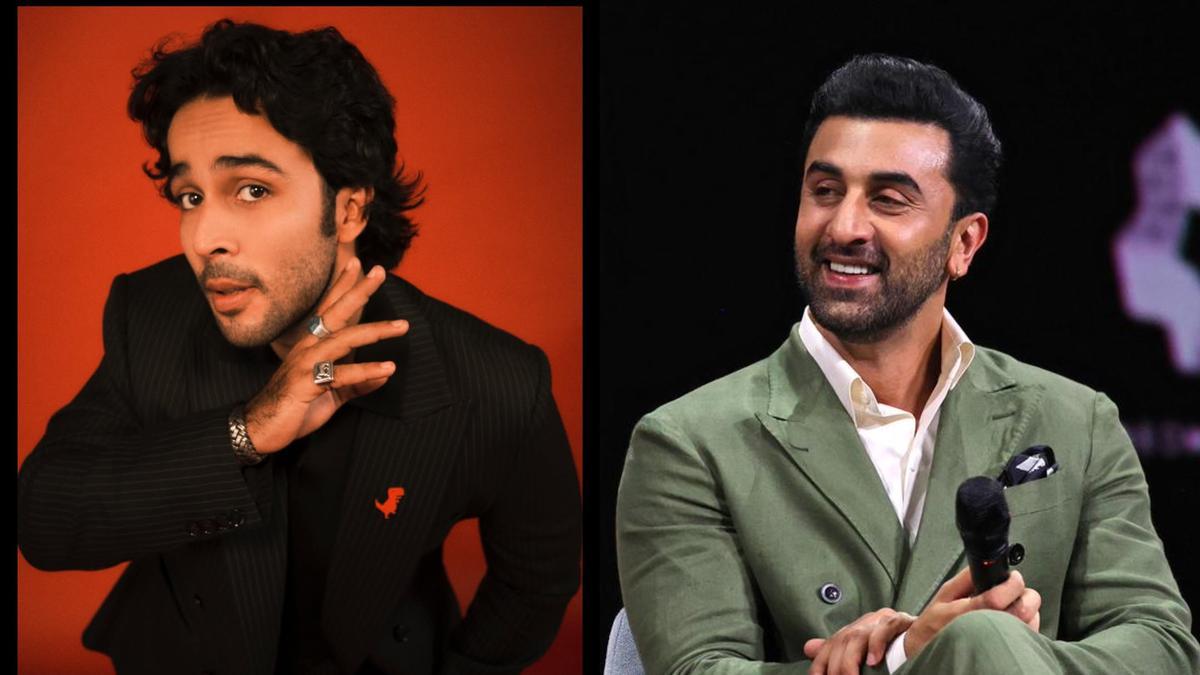
New Delhi: Prominent Bollywood actress Kangana Ranaut, celebrated for her roles in films such as ‘Krrish 3’ and ‘Manikarnika’, finds herself entangled in controversy yet again due to her forthcoming political drama, ‘Emergency’. The film, which revolves around former Prime Minister Indira Gandhi and the tumultuous political scenario of 1975, is under fire for allegedly offending Sikh sentiments.
The Shiromani Gurdwara Parbandhak Committee (SGPC) and Akal Takht have vehemently called for an immediate ban on the film, asserting that it deliberately attempts to malign the Sikh community. They have gone a step further by demanding the lodging of a First Information Report (FIR) against Ranaut, accusing her of embarking on a character assassination campaign that presents Sikhs in a negative light.
Addressing the media during a press conference on Wednesday, SGPC Chief Harjinder Singh Dhami criticized the Central Board of Film Certification (CBFC), labeling it as ‘biased’. Dhami is advocating for the inclusion of Sikh representatives on the censor board to ensure a more balanced and respectful portrayal of Sikh history and culture in Indian cinema.
“The film distorts Sikh history and sentiments, perpetuating stereotypes that have been propagated in the past,” Dhami said, highlighting past grievances over how Sikhs have been portrayed in various films.
Echoing similar sentiments, Gyani Raghbir Singh, Jathedar of the Akal Takht, argued that ‘Emergency’ disrespects the Sikh community and specifically targets Jarnail Singh Khalsa Bhindranwale, who is commemorated as a martyr by the Akal Takht. Singh criticized the government for its inaction against Ranaut and urged authorities to take immediate steps to address what he describes as an incitement of religious sentiments.
Kangana Ranaut, who announced ‘Emergency’ in 2021, has faced her fair share of controversies over the years. She later clarified that the film is a political drama rather than a direct biopic of Indira Gandhi. Ranaut is not only starring in but also directing the film. The star-studded cast includes Anupam Kher, who is portraying Jayaprakash Narayan, Milind Soman, Mahima Chaudhry, and Shreyas Talpade, who will be seen as Atal Bihari Vajpayee. The late Satish Kaushik will appear as Former Deputy Prime Minister Jagjivan Ram.
The film has been postponed several times from its original scheduled release dates and is now set to premiere on September 6, 2024. Despite these delays, the film’s anticipatory fervor has not diminished, heightened further by the associated controversies.
The turbulence surrounding the film is not just confined to the protests. Legal experts speculate that the ramifications could extend beyond the cinematic world to significant political and social repercussions.
. Bollywood often functions as a mirror to Indian society, wielding substantial influence over public opinion. Films like ‘Emergency’ are no exception and have the potential to stir considerable debate.
The backlash also opens a broader conversation about artistic freedom and cultural sensitivity. While filmmakers often invoke creative liberty as a defense, community sentiments and historical accuracy are equally vital considerations. This tension between artistic expression and cultural reverence is more pronounced in a country as diverse as India, where myriad communities and histories intersect.
In the wake of the controversy, the CBFC’s role has come under intense scrutiny. Critics argue that the board needs to adopt a more inclusive approach in its decision-making processes. “The CBFC must have members from diverse backgrounds to ensure a holistic and sensitive appraisal of films,” Dhami emphasized during the conference.
Furthermore, the demand for better representation of minority communities on the board is gaining traction. Advocates argue that such measures will not only safeguard cultural sensitivities but also allow for a more accurate and respectful depiction of the nation’s diverse tapestry.
As for Ranaut, she remains unyielding in her defense of ‘Emergency’. In various interviews and public statements, she has maintained that the film is an artistic exploration of a politically charged era in Indian history and not an attempt to slander any community.
“We have been thorough in our research; the film aims to shed light on a critical period in Indian history,” Ranaut stated. Whether this stance will pacify the outraged factions remains to be seen.
Meanwhile, the Sikh groups continue their protests, determined to halt the film’s release. The coming months promise to be a litmus test not just for ‘Emergency’ but for the broader discourse surrounding freedom of expression and cultural integrity in India.
As both sides brace for a legal and social showdown, the reverberations of this controversy are likely to be felt far beyond the silver screen.










